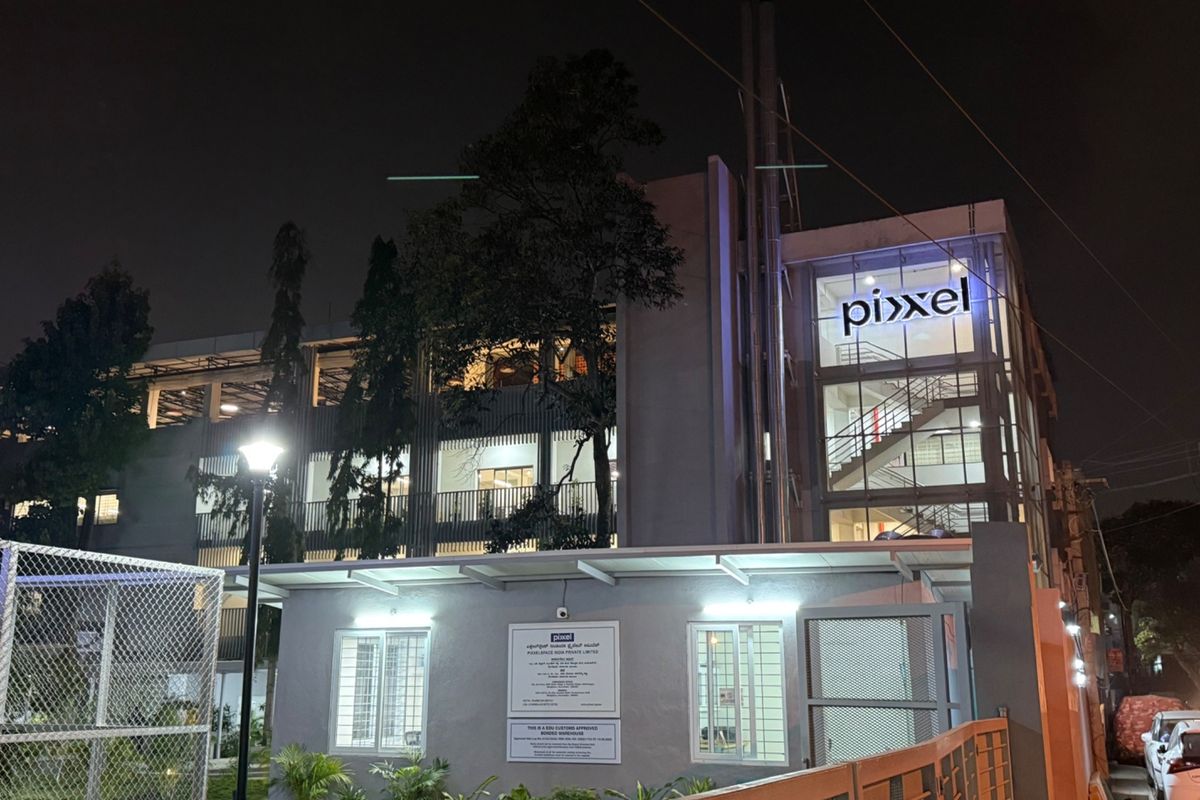Pixxel plans India’s first private satellite network, targets $19B market
First batch of Pixxel’s satellite network, consisting of three spacecraft, is set to launch on Jan. 14 aboard a SpaceX rocket
Reuters
News Agency Partner
Reuters is a leading source of news and information, delivering fact-based reporting and expert analysis on international events and trends.

awaisahmedna@X
India’s Pixxel is set to launch three of its six hyperspectral imaging satellites aboard a SpaceX rocket.
The satellites will be placed in a sun-synchronous orbit at approximately 550 km.
Pixxel, backed by Google, plans to add 18 more spacecraft to its fleet.
India’s Pixxel is set to launch three of its six hyperspectral imaging satellites aboard a SpaceX rocket from California on Tuesday, marking a milestone in the country’s emerging private space sector.
The satellites will be placed in a sun-synchronous orbit at approximately 550 km, with the remaining three set for deployment in the second quarter of the year.
The launch is scheduled for 10:45 a.m. Pacific Time (1845 GMT) on Tuesday at the Vandenberg Space Force Base, pending final approvals.
Pixxel, a five-year-old startup backed by Google, plans to add 18 more spacecraft to its existing fleet, targeting a share of the $19 billion satellite imaging market projected by 2029.
Founder and CEO Awais Ahmed said Pixxel aims to use hyperspectral imaging technology, which captures detailed data across hundreds of light bands, to serve industries like agriculture, mining, environmental monitoring, and defense.
The company’s satellites will provide higher resolution imagery to improve crop yields, monitor oil spills, track resources, and patrol borders. “The satellite imagery market today is around $4.3 billion, with analysis adding another $14 billion.
By 2029, the market is projected to reach $19 billion. Hyperspectral imaging could realistically capture $500 million to $1 billion of this, plus additional revenue from analysis,” Ahmed said.
Pixxel has signed 65 clients, including Rio Tinto, British Petroleum, and India’s Ministry of Agriculture. Some clients are already paying for data from Pixxel’s demo satellites. Future contracts are in place for data from the Firefly constellation.
“For defense-use cases, conversations are happening predominantly in the U.S. and India, and in other regions through resellers and partners. Government agencies usually want to see things launched and working before committing to procurement,” said Ahmed, 27.
Pixxel expects to make first contact with the satellites about two-and-a-half hours after launch, with full commercial imaging capabilities expected by mid-March.
However, Pixxel faces stiff competition in the global satellite market, which is dominated by the U.S. and China. The U.S. leads in commercial and government satellite launches, driven by private companies like SpaceX and government contracts. China has expanded aggressively into low Earth orbit satellites with state-backed initiatives.
India holds only a 2% share of the global commercial space market but aims to increase that share from $8 billion to $44 billion by 2030 with the help of private players.
Pixxel hopes its Firefly constellation will set it apart, with a 5-meter resolution and a 40-km swathe width, outperforming competitors like Finland's Kuva Space and San Francisco-based Orbital Sidekick, whose satellites typically have lower resolution and narrower coverage.
“If their commissioning is successful, Pixxel will have more imaging capacity than ISRO in the hyperspectral band, which would be a watershed moment for the Indian industry,” said Narayan Prasad, chief operations officer at space industry marketplace Satsearch.










Comments
See what people are discussing